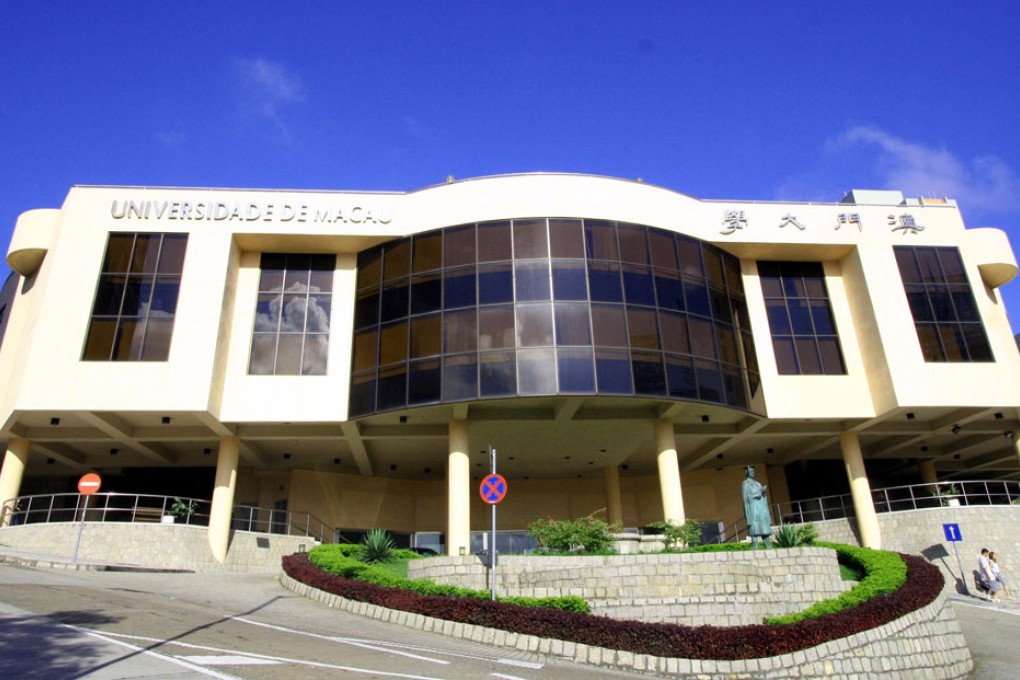Macau and Hong Kong enjoy the best of both worlds
Nicholas Gordon says new university campus highlights unique status

This September, thousands of University of Macau students will cross a border to attend class, though they may not realise it. There will be no immigration checks in the tunnel between the new campus on Zhuhai's Hengqin island and Macau proper. Students will connect to an uncensored internet, pay for meals in patacas, and be accountable to Macau policemen.
It is hard to see this new campus as other than an extension of Macau's jurisdiction. As the university's Professor Jorge Godinho has explained, "this piece of land is not legally an enlargement of Macau, but in practice, it is".
Think about hypothetical parallels: Singapore expanding into Malaysia? It's unimaginable. Or, to stay within a single country, New Hampshire leasing land to the University of Massachusetts, to be governed and taxed under Massachusetts law?
This agreement between Macau and the mainland government is the latest example of what makes "one country, two systems" so interesting. The mainland agreed to release a part of the country from its direct control. This is not a mere commercial lease, nor is it comparable to an arrangement between US states.
Such an arrangement is fascinating: Hong Kong and Macau have many of the trappings of sovereign states. They have their own currencies, control their own borders, issue their own passports, have their own legal systems, tax and spend as they see fit and have their own set of social and political rights.
Despite being officially barred from direct diplomacy, Hong Kong and Macau enjoy a great deal of international representation. Hong Kong is a full member of several international organisations, from the World Trade Organisation to the Olympics. While this is less than fully sovereign, it is far beyond what is enjoyed by provinces or cities.